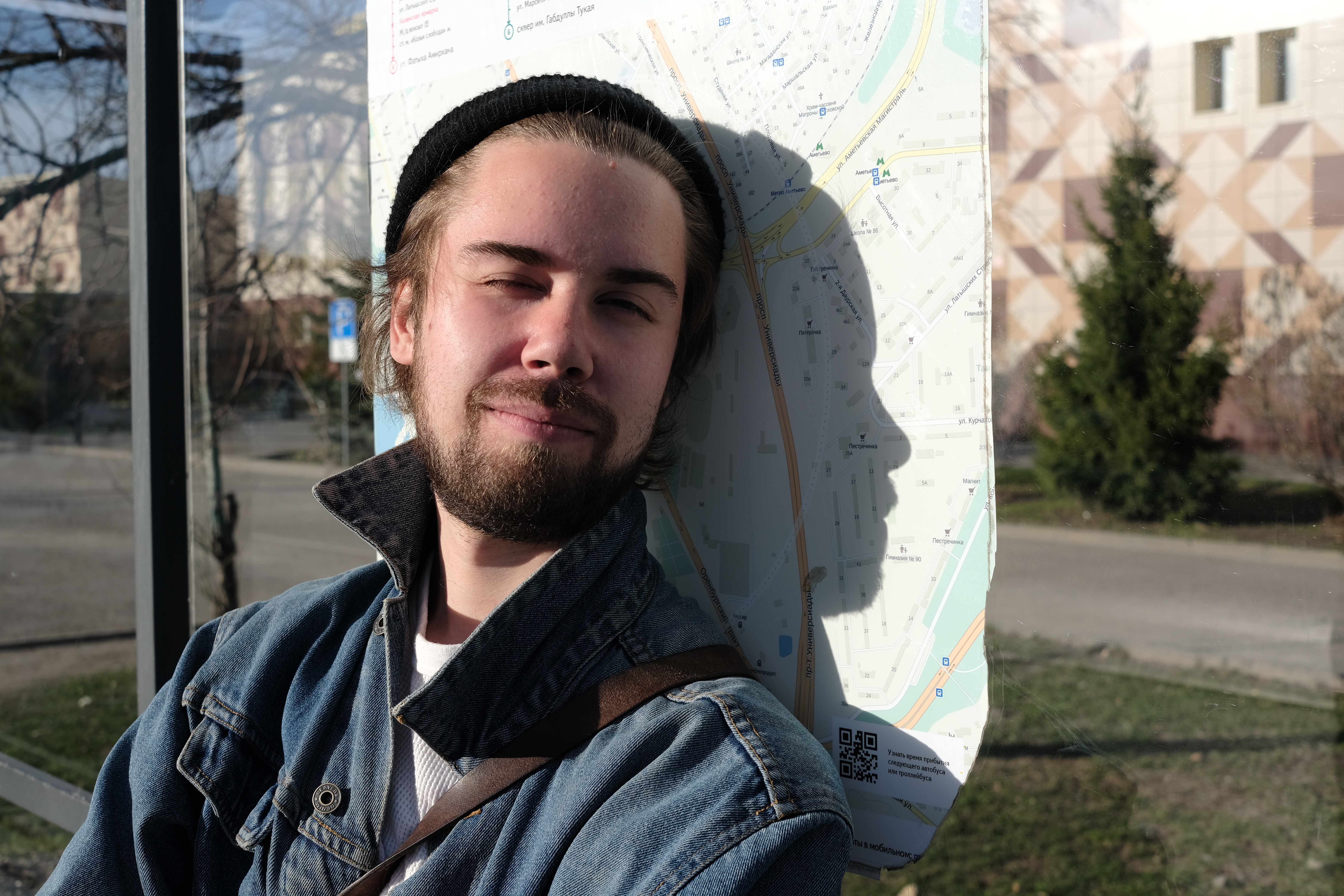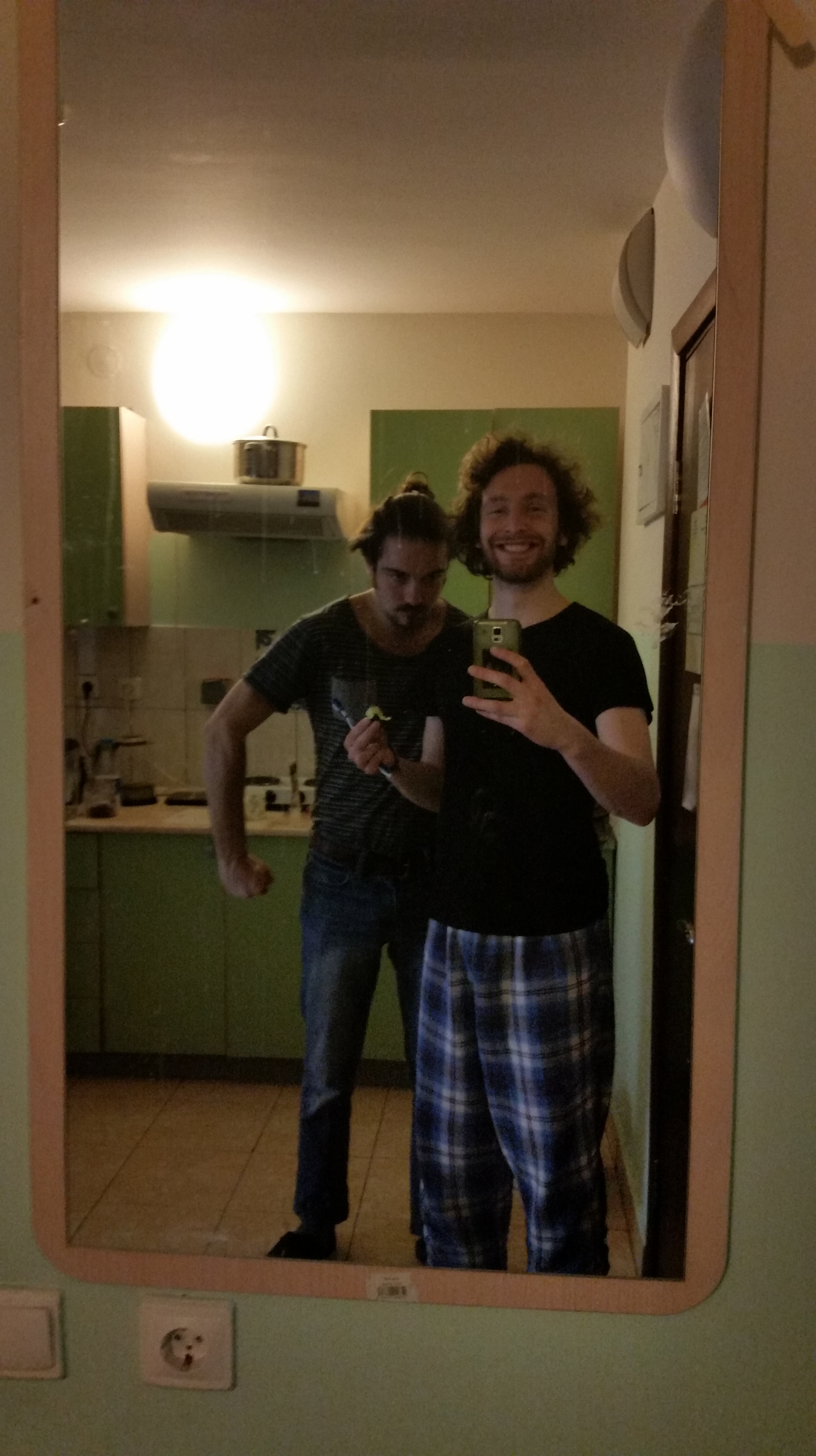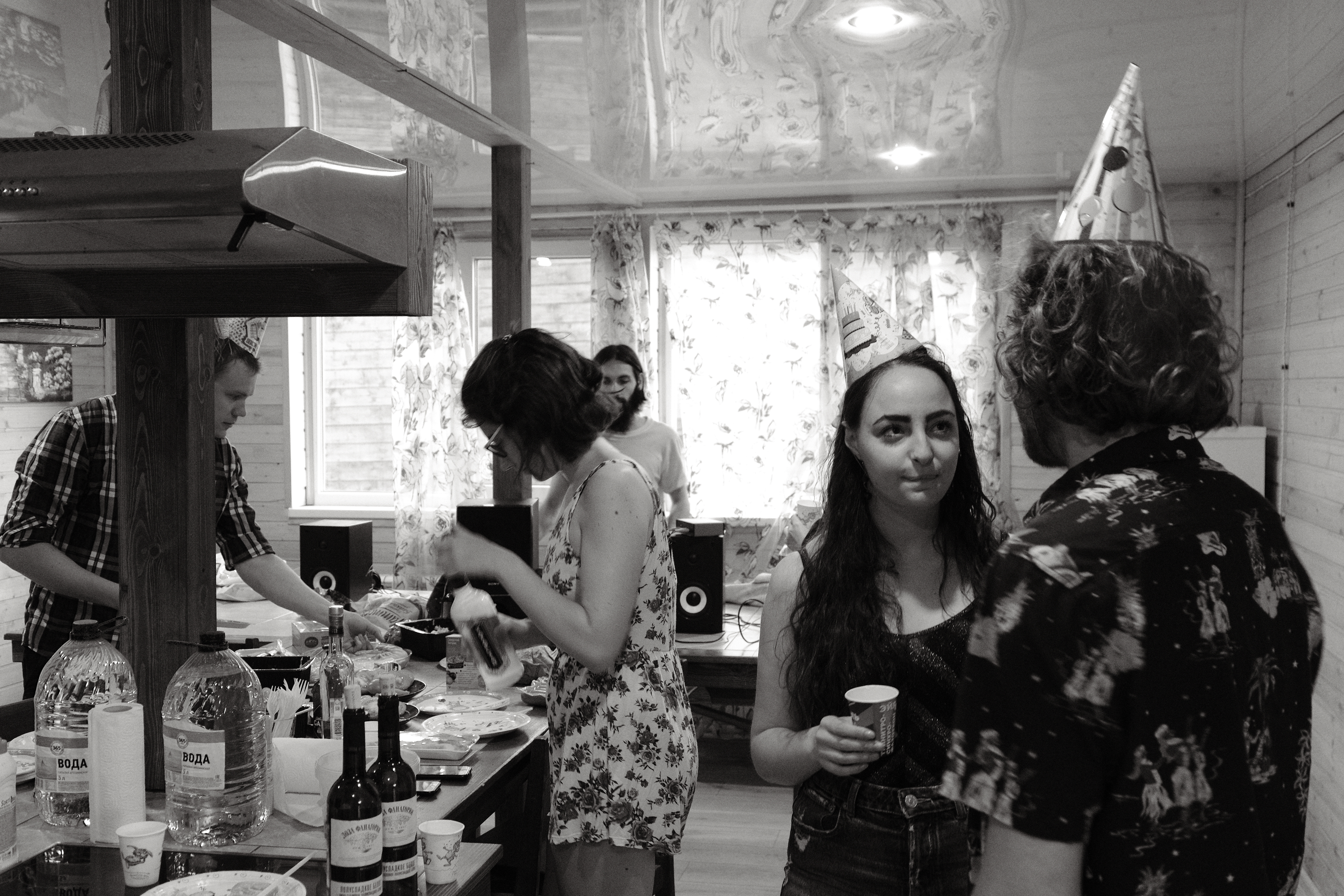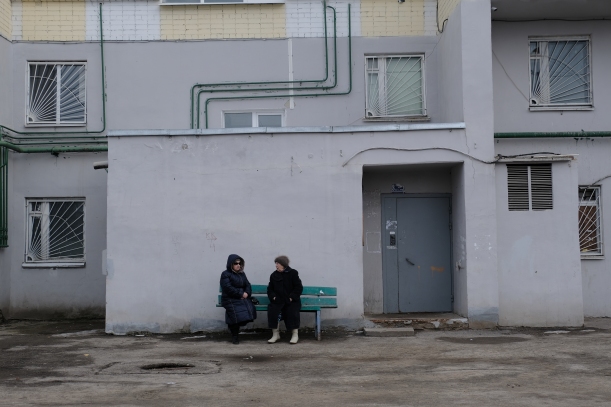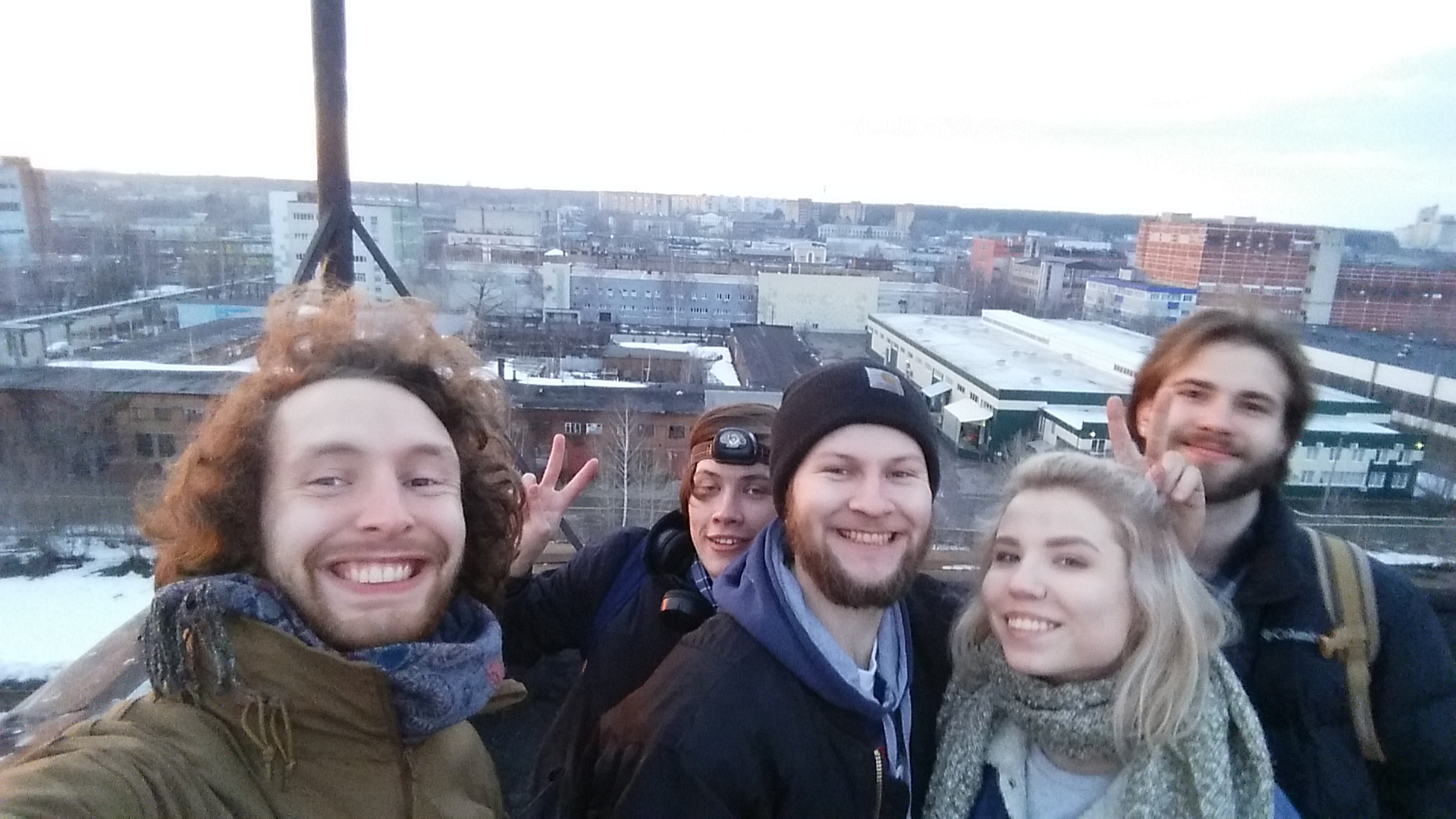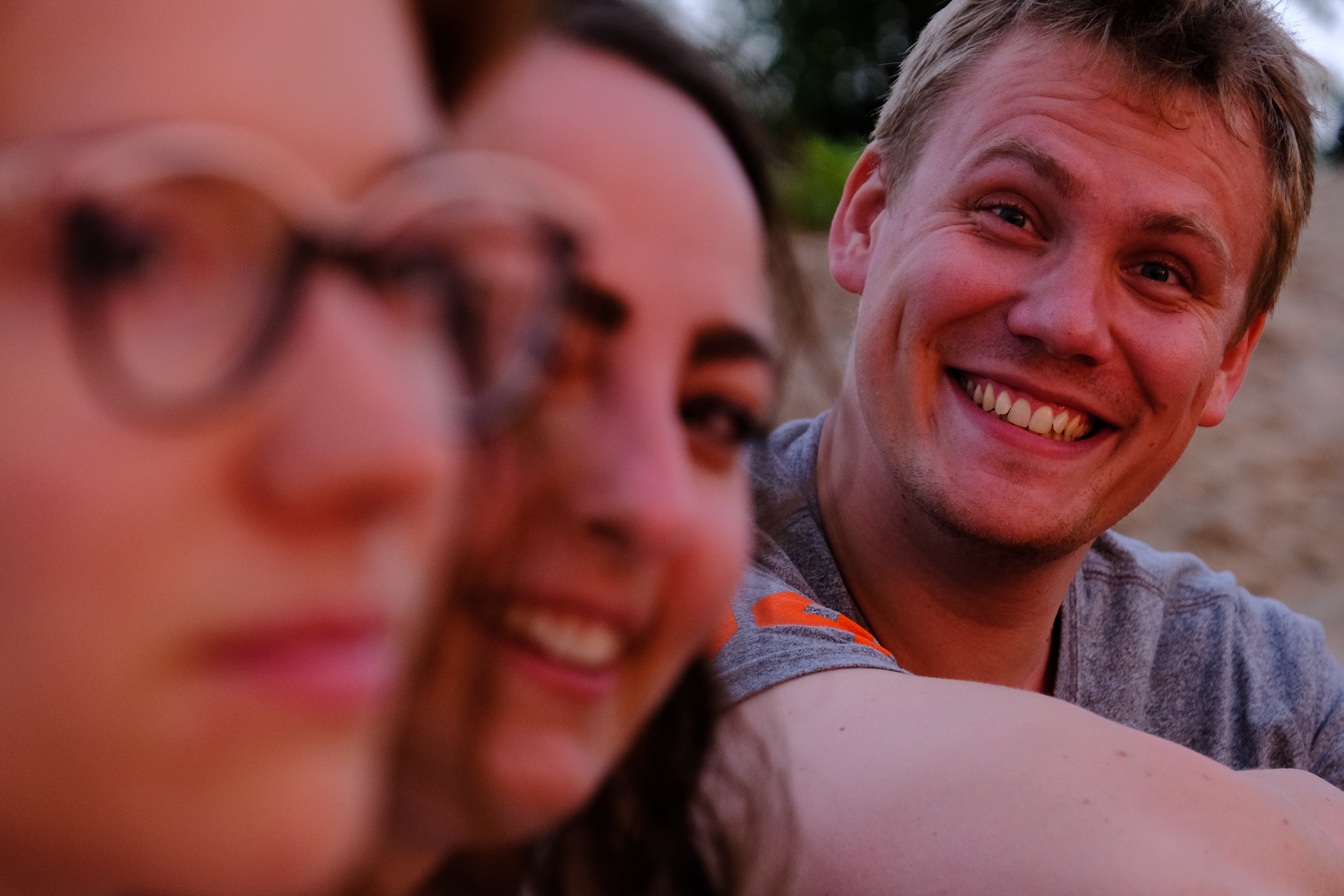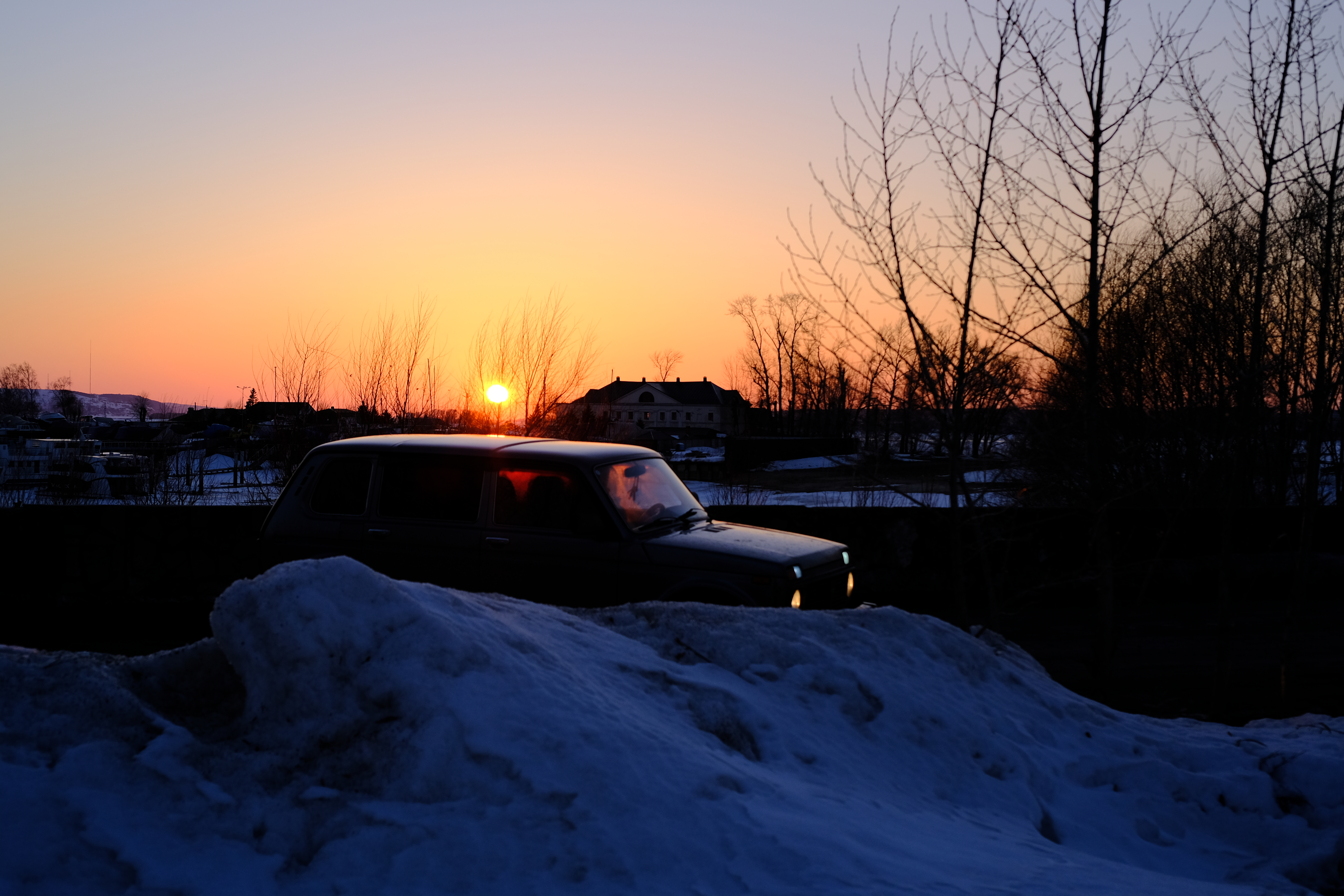During the two short weeks of my stay in Georgia, Nata and I have asked this seemingly random question to people from all walks of life and age to gauge the discontent in the wonderful country of Saqartvelo. Except form the points Energy and City Planning (added by me) everything was solely based on Georgian citizens’ opinion and experience. I have collected them here in a short overview to give people a chance to see that they are not alone in their opinions. Change in a democracy can happen if people realise that they are not alone and that their representatives should fight for a brighter future for all.
Please note that I haven’t been able to touch upon subjects such as health, nationalism, economy, or political election campaigns. The list is not complete, and more people (maybe experts) would need be asked what they would want to change.

Education
Schools and educational institutions are in a dire strait. Their quality is horrible, children and adults are not educated well, they are poorly informed about their voice and power. This does not even touch upon trivial lessons like mathematics, science, or languages and the like. We refer purely to the political education. For a healthy democracy to establish itself and grow in power and reach, every citizen needs to be informed about what they can do, what their role is in a democracy and what the servants of the state (i.e. politicians) are supposed to do for the improvement of the country. Also, the education should aim at teaching people how to discuss instead of fighting each other.
Furthermore, teachers have very little respect for their pupils and themselves, for they do not know what their purpose is. If they truly wanted to push their pupils’ interests and knowledge, they would be impartial as to where pupils get their knowledge from – their role is not to be the only teachers, but to help guide the flow of knowledge and fact-check their pupils.
Pupils need more time in between classes to rest, eat and spend their energy instead of rushing from one classroom to another and being punished for not being able to go to the toilet and eat in a 5-minute break. Teachers don’t trust their pupils, believing they will “run off” or go home if allowed to play in the yard during breaks. This should be a huge warning sign to everyone working in the education sector.
Sexual and drug education are not being taught in schools in Georgia. Although these represent an important part of young people’s concerns and interests, education on harmful drugs (and use) as well as procreation and the dangers of unprotected sex are virtually being silenced by the state. Without proper education, the young society is at risk of become depended on drugs and may be exposed to an unnecessarily high risk of STDs and unwanted pregnancy (and, of course, unfulfilling marriage).
While the education is not used to address these problems, overwhelming propaganda campaigns are launched to discredit democratic institutions and create a split between social groups.
Political Institutions
Certain political institutions need to put in place to reduce the risk of abuse of power. They mustn’t be influenceable by political figures. Their role is to observe that all political procedures are respected, and, if there is an abuse, immediate reactions must follow, no matter the political orientation of the observer or he who has done the abuse. It is absolutely necessary to introduce them to the political field.
TV is not an institution and should never be used by one party only to promote their ideas and spread their propaganda, which is sometimes portrayed in a perverse utopian and disillusion way that touches upon the most basic of all human drives. Not only can a TV help awkward couples unwind and get down to action. It can also enlighten people of all creeds and nations to possible solution and inspiring skills and talents.
Power
Anyone who enters the field of politics in Georgia is going to change his or her comportment. They will no longer use public transportation and factually isolate themselves from the common people. The chief reason why people would choose the path of politics is not an altruistic wish to make Georgia a better place for everyone to live in, but purely a reason to establish themselves as powerful and wealthy people. Being in power comes with certain perks, such as modern car and driver, housing in healthy neighbourhoods, relations with business and economically strong players. To reduce the abuse of power, the attractiveness of a political position needs to be curbed.
Culture
Albeit having a Black Sea Arena might at first sight seem like a nifty thing to have, upon closer inspection it will become all too clear that this is simply a trick to cover the lack of political and financial support for culture. The tickets are often very expensive and out of reach for most Georgians, the Arena is barely used at all (5 concerts in 2023). While this Arena is used as a political propaganda flagship by the leading Georgian political party, Qartuli Otsneba, the voice of the opposition is being repressed and discontent continuously ridiculed. Small Georgian musicians and artists are not able to establish themselves nationally and internationally for lack of support, while millions are spent on bands that were famous 10 years ago. A shift in financial aids is imperative for a healthy cultural sphere and an artistic expression of people’s voices.
Employment
At the time of writing, working in Georgia can be both extremely challenging and disappointing for there are very few regulations to prevent abuse and exploitation of the working force by their respective employer. While this could be seen as beneficial for small businesses that would struggle from high spendings on human resources, uneducated and inexperienced workers will never develop an adequate spending power and will forever dwell in poverty. Introducing policies that would require every employer to fix contracts for their employees and guarantee them a minimum salary would be a first step towards a fair marketplace, a new burgeoning social class and a great economic boost.
Military
The Georgian military is reserved primarily for the less-fortunate, not educated and for those most prone to fall for nationalistic propaganda campaigns. Because of the poor mental state of the cadets, orders are not understood well. If the military was aiming at creating a strong defensive force it would have to train educated, able-bodied and able-minded people to be resourceful and efficient. It would, furthermore, need to equip their soldiers with modern weaponry instead of using used, rusty, and worn-out Soviet equipment. Finally, overall fitness of Georgians is questionable, and many would probably not be able to even the lowest requirements for the military service (should they be drafted). Having a healthy population is paramount to creating effective defensive capabilities. It would also serve as a deterrent against potential further Russian expansions.
Nature preservation
The preservation of the extraordinarily beautiful, diverse, and rich nature of Georgia is strictly limited to a few national parks such as Vashlovani or Borjomi. However, the greatest part of the Georgian society is only dimly aware of their environment if at all. In fact, the country is suffering under the weight of trash thrown into ditches next to roads, in rivers, in forests and everywhere imaginable. Though garbage collectors are working regularly and under pitiable conditions, only a fraction of trash is collected. Plastic bags roam the streets, cigarette stumps are ubiquitous. Grazing animals and stray dogs are eating them, and the trash returns to humans in another form. Recycling is but a word. No efforts have been taken to reduce garbage use or recycling. If the government does not address the problems as such, the country is going to be covered in trash, which will have serious effects on tourism and on Georgian citizens’ health. Campaigns that target people’s awareness of their own impact may come in handy.
Industry pollution is another issue. Emissions are being emitted without filters and enter the ecosphere from the air and the water. These are often toxic and have seriously detrimental effects on humans, plants, and animals alike. Standards need to be introduced to save lives.
Mobility & Transportation
Georgia has to transition away from a car-driven economy and transportation to more eco-friendly and efficient means. Living and traveling/commuting in Georgia means being exposed to constant dangers of life. While millions of cars drive at unreasonable speeds on tricky roads without any attention to street rules, pedestrians most often walk on the streets, thus exposing them to drunk drivers, mud, smog and other unpleasantries. Beside the two or three mediocre trains operating in Georgia, almost all transportation in car based. Constant traffic jams, high carbon emissions and a strong dependency on energy imports from Russia and Azerbaijan are the consequence – a consequence Georgian politicians don’t want to address. Stress and a higher mortality are also linked to the Georgian dream that is a stinky and polluting mobility. For the streets of Georgia to calm down and allow for a smoother mobility, steps must be taken. These include blocking roads to cars, allocating a strict parking policy that has every wrong-doer’s car removed, construction of park houses, allowing for safe spaces for pedestrians and cyclists, connecting public transportation hubs. A safe and clean mobility also requires high investments into trains and railways in general, including the metro in Tbilisi and possibly the creation of a tram along the river Mtqvari. The rights of pedestrians must be protected by the police. Ruthless behaviour by car drivers has to be stamped out, awareness about pedestrians have to be raised during driving lessons. Last but not least streets in Georgia need to be renovated and all potholes closed. This primarily concerns people from poorer towns and cities who also do not have the means to have a solid car insurance nor the means to repair their cars.
Precarious roads like the Rikoti Pass are suffering from closures more and more often. The Road and Street Department of the State (should it exist) must solidify the road and keep it clear of huge snow fall, erosion and other naturally occurring hazards.
City planning
Everyone who has ever stepped foot into Didi Dighomi will know what a faulty and inconsistent city planning looks like: chaotic, dirty, uncomfortable, and perilous. Drivers have to be very careful to even get there, as hour-long congestions and missing exists from the main road artery are a permanent concern. Once there, high buildings for a growing population are being built without any respect to the local geography, the population density, mental health, and circulation. As there are no metro stations and few bus lanes, most workers are forced to commute by car, hence taking up more space than they would need to. An acute lack of parking lots causes people to park anywhere they seem fit – no authority seems to pay attention to this. There are barely any, if any at all, pedestrian lanes (trottoirs), which makes moving through the newly built quarter capricious and deadly.
The absolute lack of pedestrian lanes in general in Georgia is a statement of disrespect towards the less wealthy, to those who like to stroll, and the youth, who are not allowed to drive. This is a huge issue all over Georgia and is not limited to the capital.
Seemingly no thought has gone into city construction or urban development in general. Buildings are built anywhere with little regard for the inhabitants. Houses are often not attached to existing sewage lines; they have no access to gas and electricity. Cities grow continuously and in an unrestrained manner. To curb tumorous towns, a virtual grid must be established which defines where and how can be built in certain locations. For this reason, town halls need to employ more people and digitalisation must step forward.
Cities should also employ water evacuation systems that allow for the surplus of rainwater and a safe passage of water into the rivers. Water purification plants also need to be built along the rivers of Georgia to preserve the hydro eco system and provide with fresh fish for locals.
Agriculture
Farmers are unable to sell their produce in Georgia, as competing producers from abroad produce cheaper than Georgian farmers (meat is being imported from Brazil, many vegetables come from Türkiye). Not only does this result in a massive rural evasion and an unhealthy inflow of uneducated country folk into urban areas (hence destabilising both cities and villages), but it also means that the general quality of produce drops immensely. Controls on the safety of imported produce may be lower than controls on locally grown produce made with Georgian standards.
Farmers should be incentivised to stay in their hometowns, earn more for their hard work and have safe spaces in the city where they can offer their produce to people. The difference in taste and colour tells a tale of difference in quality and Georgian citizen should listen to the story. After all, Georgians have suckled on beans grown in Georgia during the hardest time of their existence. What if this resource is suddenly not available anymore?
Energy
Energy-wise the country of Georgia depends chiefly on imports of natural gas, petroleum, and other fossil fuels from its autocratic neighbours. As we have seen the budget of the military powers of Azerbaijan and Russia rely on exports of fossil fuels. In order to reduce the risks of further escalations and loss of territory of Georgia, spendings on fossil fuels must drop significantly. Investments into clean energy is essential for a peaceful future. Becoming energy independent would signify a decrease in military projection of Georgia’s neighbours and an increase of the Georgian national budget, which is turn can be spend on their own defence capabilities.
80% of its electricity needs are covered thanks to their richness in water and the possibility to erect dams. However, due to climate change and uncontrolled grazing of cattle, as well as an inefficient heating of towns with wood, improper ways will sooner or later translate into the premature melting of glaciers and a drop in water availability. The switch to clean energies such as solar or wind power – both of which are widely available in Georgia – could result in many positive outcomes: energy sufficiency, cleaner power, reduced dependency on energy imports, democratisation through community-led solar power plants, boost of the local economy, and many more.
Orientation
East? West? Or rather North? Why not try South?
Georgian politics focus on providing its citizen with unrealistic, perverse, and utopic ideas of what the future of Georgia looks like, without offering actual relief for the poor and those in need. It also doesn’t boost business-minded people, as your success largely relies on contacts within the government or your political orientation.
Georgia has had their golden ages, and it seems like these days lay in the past and cannot be rekindled. Which is deceptive, as the past offers important figures like Queen Tamar or Davit the Builder who have pushed the kingdoms through innovation, calculated thinking, gender-equality, and breakdowns of corruption and nepotism.
Georgia does not need to look East or West and try to wedge itself somewhere between two equally disastrous powers, but rather find its own way, that suits its intentions and culture. Therefore, it is most important for Georgian citizen to remember what they strive for: A strong culture, a beautiful nature and hospitable people living in their homelands where they can preserve their way of living and being. I believe that by implementing the above-mentioned points and some more that I haven’t been able to research in the last 2 weeks, Georgia may soon find itself in a position of power, where its people can breathe clean air, stay the beautiful people that they have always been and decide in unity what the next course of action should be. Georgia can be a beacon of hope and democracy in a rapidly evolving world. The earlier people realise their potential, the sooner they can leave behind the weighty past and look forward again.
And don’t forget: Violence is not an opinion, nor is it a sign of democracy and understanding of different point of views. Violence used by the state is inherently wrong and is but a projection of politicians’ inability to tackle a problem in a civilised way.










